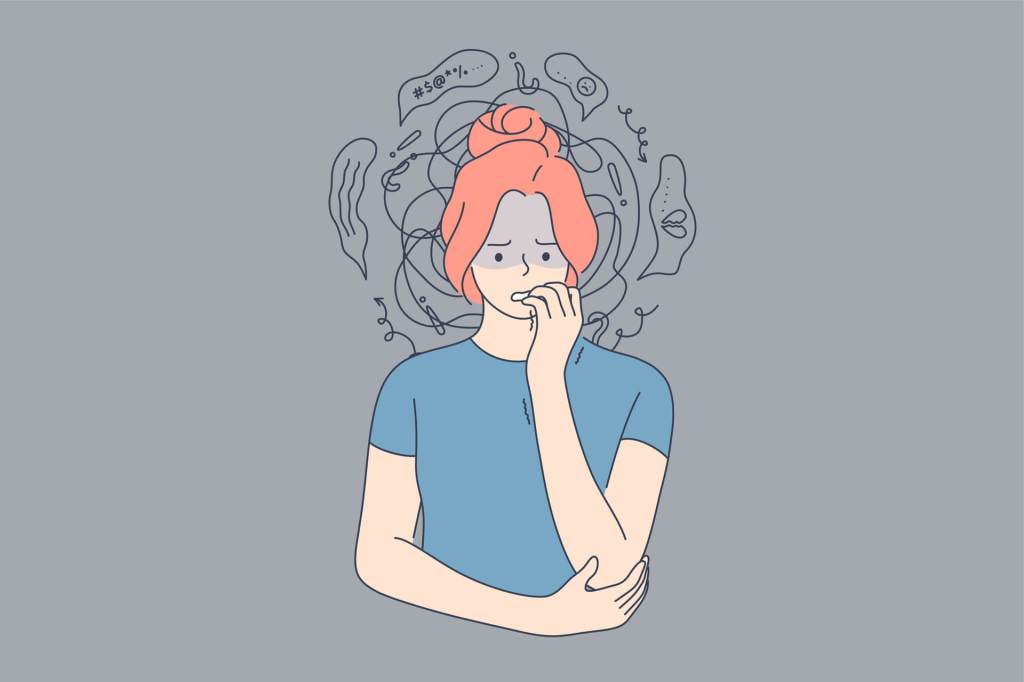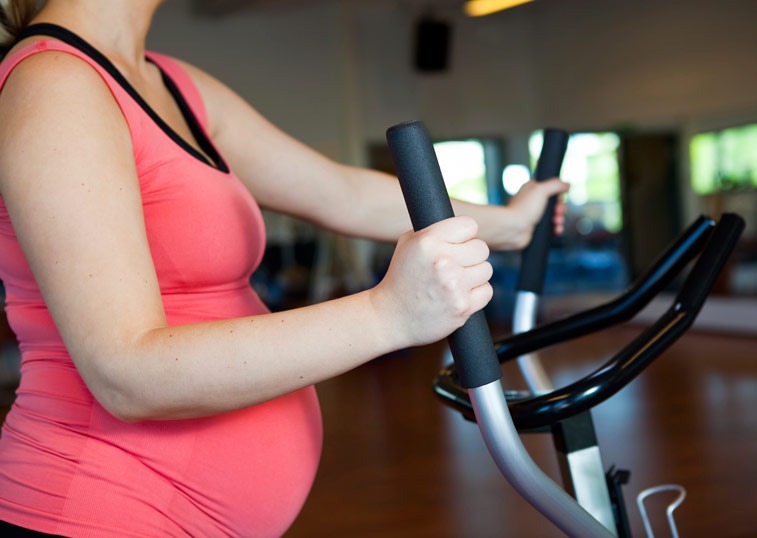
We all know that excessive consumption of alcohol has some serious adverse health effects, both in the short and long term. Yet, it’s the most widely accepted and used drug consumed by people on a regular basis. In fact if you’re someone who doesn’t drink, that is often looked at more strangely than if you are a drinker.
While moderate alcohol consumption may provide some health benefits, here a several ways it directly deteriorates your health.
Poor Sleep/ Lack of or No R.E.M.
Alcohol is a depressant, and while it may make you fall asleep quicker due to its sedative effects, the quality and duration of your sleep suffers. Drinking alcohol before bed can suppress REM sleep, REM sleep may benefit learning, memory, and mood (Leonard, 2021). A lack of REM sleep may have adverse implications for physical and mental health. Additionally, alcohol consumption can increase your risk of sleep apnea by 25% (Pacheco, 2022).
Skin Health
Alcohol is a diuretic, which means it increases the amount of water flushed from your body. This can result in the skin looking dull and dry. Chronically dehydrated skin will age much faster, leaving you looking much older than you are.
Alcohol also increases inflammation in the body. Puffy, red skin, broken blood vessels, blood shot eyes -not a very good look.
Additionally, alcohol causes oxidative stress which damages every cell in your body, including your skin. We are exposed to free radicals every day through pollution, smoke, sunlight, food, and yes, alcohol. According to research, alcohol not only releases a flood of free radicals into the body, it also impairs your antioxidant defense at the same time (Emanuele, 2006).
Weight Gain
As mentioned earlier, Alcohol negatively affects sleep. Sleep is an extremely important factor when it comes to weight management. When our bodies lack sleep, it messes up our hunger hormones leptin and grehlin, resulting in us feeling more hungry throughout the day.
Additionally, the consumption of alcohol can contribute to weight gain. Cocktails, wines, spirts and beers are not free from calories. Drinking too much too often can lead to “beer belly.” People also tend to make poorer food choices while drinking. Pair this with high calorie foods like chips and pizza, and your body will be working so hard to burn those calories from the alcohol that it won’t have time to worry about burning the calories from food, and instead store it as fat.
Damage to the Brain, Heart and Liver
Slurred speech, impaired memory, trouble walking straight, blurred vision, unable to recall events – clearly alcohol severely affects the brain. People who drink a lot of alcohol over a long period of time increase their risk of developing serious changes to the brain. This is a result of poor overall health or from liver disease.
People who suffer from alcoholism are often deficient in Thiamine due to poor overall health. Also known as vitamin B1, Thiamine is an essential nutrient needed by all tissues, including the brain. Up to 80% of alcoholics are deficient in Thiamine, and some will go one to develop serious brain disorders (Alcohol Alert, 2004).
The liver, which is the lead organ responsible for breaking down alcohol and clearing it from the body can be damaged from heavy, long term drinking. “People may not be aware that prolonged liver dysfunction, such as liver cirrhosis resulting from excessive alcohol consumption can harm the brain, leading to a serious and potentially fatal brain disorder known as hepatic encephalopathy (Butterworth, 2003).”
To add to all that, drinking too much in one sitting, or a lot over a long time can damage the heart. This can cause problems such as cardiomyopathy, arrhythmias, stroke, and high blood pressure (Alcohols Effects on the Body, “n.d”).
Protein Synthesis
Drinking after a workout or a game negatively affects recovery. However, some athletes party harder than your average drinker and its a common practice for sports teams to go out after a game and binge drink.
A study conducted by (Parr et al., 2014) was comprised of 8 physically active males who completed 3 separate trials of 8×5 leg extension at 80% 1RM, followed by a continuous 30 min 63% Peak Power Output and high intensity intervals, 10x30s at 110% PPO.
Immediately and 4 hours post-exercise subjects consumed either:
- 500 ml of whey protein (25g)
- Alcohol (1.5g ˑkg body mass, 12± 2 standard drinks) + Protein (ALC-PRO)
- Carbs + Alcohol (25g maltodextrin) (ALC-CHO)
Subjects also consumed a carbohydrate rich meal 2 hours post exercise. Muscle biopsies were taken at rest, 2 and 8 hours post-exercise.
One of the results of this study was a significant reduction in Muscle Protein Synthesis in the absence of post-exercise protein intake. Even when protein was ingested in the PRO-ALC group, the intake of alcohol reduced MPR by 24% (Parr et al., 2014).
Drinking in Moderation
The Canadian Centre of Substance Use and Addiction does offer Low Risk Drinking Guidelines. This is to promote of culture of moderation. My issue with moderation is it can mean something different from one person to the next, from one guideline to another. If you choose to drink, that is your choice. However if you feel like you are losing or have lost control over your drinking, or you know someone who has, there are resources available to help you.
References:
Leonard, J. (2021, November 24). What is REM sleep? Medical News Today. https://www.medicalnewstoday.com/articles/247927#stages-of-sleep
Pacheco, D. (2022, January 31). Alcohol and Sleep. Sleep Foundation. https://www.sleepfoundation.org/nutrition/alcohol-and-sleep
Albano, E. Alcohol, oxidative stress and free radical damage. Proc Nutr Soc. 2006 Aug;65(3):278-90. Accessed January 14, 2021
Butterworth, R.F. Hepatic encephalopathy—A serious complication of alcoholic liver disease. Alcohol Research & Health 27(2):143–145, 2003.
Alcohols Damaging Effects on the Brain. (October, 2004). Alcohol Alert. National Institute on Alcohol Abuse and Alcoholism. https://pubs.niaaa.nih.gov/publications/aa63/aa63.pdf
Parr, E. B., Camera, D. M., Areta, J. L., Burke, L. M., Phillips, S. M., Hawley, J. A., & Coffey, V. G. (2014). Alcohol ingestion impairs maximal post-exercise rates of myofibrillar protein synthesis following a single bout of concurrent training. PloS one, 9(2), e88384. https://doi.org/10.1371/journal.pone.0088384



Leave a comment